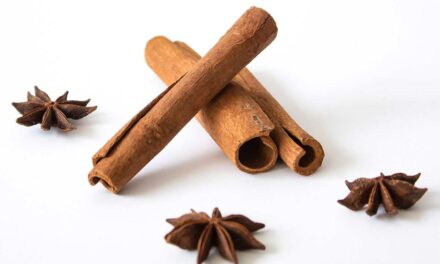BUTTER ME UP BUTTERCUP: THE TRUTH ABOUT BUTTER

Do you love butter as much as I do? It’s been hard enough to give up heavy cream and CHEEESSE… but butter? Ugh.
Here’s the thing… most people who are dairy intolerant might actually be able to have butter!
I say ‘might be able to tolerate dairy because everybody is different. If you have given up dairy to help with either digestion or autoimmune flare-ups, your system might still be able to tolerate butter. And here’s why…
The Structure Of Milk
Cow’s milk contains 30-35 g of protein. That percentage is the total protein, which is divided into whey and casein portions. Milk also contains carbohydrates, that’s the lactose part or the main sugar in milk, which gives milk its sweetness. Lactose contributes about 40% of the calories in whole milk. And let’s not forget butterfat, this is the part of milk we separate and get what we know as butter, from.
Inflammatory Responses From Dairy
Dairy is known to be inflammatory with those with underlining issues. Our body sees lactose, casein, and whey (the main components in dairy), as toxic and elicit an inflammatory response in the body.
Not only do we absorb our nutrients, vitamins, and water through our intestines, but it is also where a huge part of our immune system is. Our dietary intake gives us what we need to survive but at times can have a negative response to what we have consumed. When this happens our body sends out signals to our immune system, that it’s not ok.
Studies show people with autoimmune disorders that consume lactose and casein have a type of ‘allergic’ reaction where their immune system sends out T-cell responses. These T-cells’ response is part of our body’s defense system to kill off what they think is an infection.
For those with autoimmune diseases, our gut is already on high alert, as is, so even consuming dairy makes our bodies feel a whole lot worse! But the good news is that butter doesn’t seem to give us the same reactions when consuming it.
Related Reads:
Is Dairy Making You Sick?
Butter Is Better
Milk contains approximately 87% water, 4.6% lactose, 3.4% protein, 4.2% fat, 0.8% minerals and 0.1% vitamins. Once you remove the lactose and proteins you then have the water and fat. The water and the fat are what essentially gives you butter!
Oh… and in the fat of butter, is stored fat-soluble vitamins such as A, D, E, and K along with essential fatty acids such as linoleic and linolenic acid. Bet you didn’t know butter had vitamins did you? Are you are starting to rethink butter now?!
Sooo… the good news is, that butter might be tolerable for those who have autoimmune responses primarily because it is really just butterfat and water. Although there are still very small traces of casein, whey, and lactose in butter. This is such a very small dose of them, that many people with milk or dairy sensitivities can still tolerate butter.
Of course, this does not include those with severe or life-threatening food allergies, and even those with less severe dairy/milk allergies.
Buuuuttter ME Up
I have been dairy-free for a year and a half now. It hasn’t been easy but by giving up milk products I have noticed a huge difference in my overall health, including joint pain. I still incorporate the butter into my dietary intake and so far have had no complaints! Thank goodness…

DO YOU LOVE CREAM AS MUCH AS I DO… BUT CAN’T HAVE DAIRY ANYMORE… THIS IS A GREAT RECIPE:
Make Your Own Lactose-Free, (Keto/Paleo) Heavy Cream With 2 Ingredients















